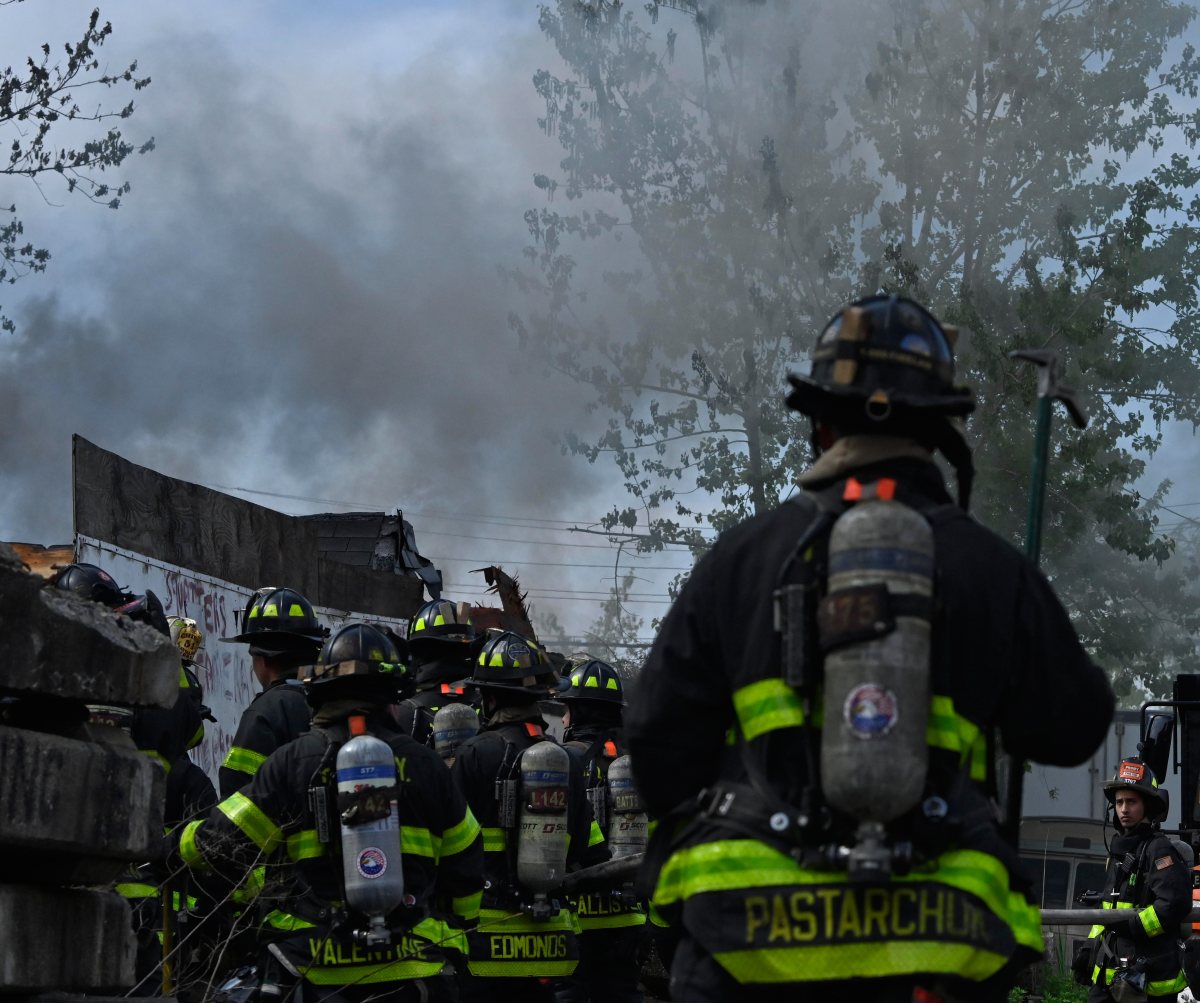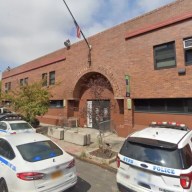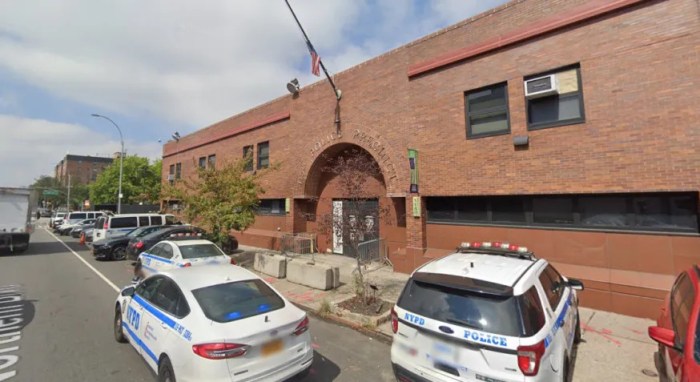By Jeremy Walsh
After his company was sued for tenant harassment by the Catholic Migration Office, Vantage Properties Chief Executive Officer Neal Rubler has come out swinging, visiting elected officials and refuting many claims made by housing advocates.
“Our entire company is focused on… providing high-quality, affordable housing to New York's work force and working-class families,” he said in an interview with TimesLedger Newspapers last week.
Rubler has a pedigree to support that claim. Before founding Vantage in 2005, he was vice president of the Olnick Organization, a ground-breaking New York real estate firm that built Starrett City in 1974. The Brooklyn development became the model for the city's federally subsidized housing projects.
Rubler's own company now owns more than 100 buildings that are home to more than 10,000 people, nearly all rent-stabilized. These buildings are located in Harlem, Washington Heights, and primarily in immigrant-heavy Queens neighborhoods such as Elmhurst, Flushing, Jackson Heights, Sunnyside and Woodside.
Vantage's recent acquisitions include approximately 2,000 Queens apartment units formerly owned by notorious landlord Nicholas Haros, who housing advocates once named among the worst in the city. The company bought the buildings for $300 million in February.
Tenant advocates like the Brooklyn-Queens Diocese's Catholic Migration Office took Vantage to task for what it calls illegal harassment tactics meant to remove tenants from their rent-stabilized units. They filed a suit on behalf of tenants in Queens asking for damages and a halt to the practices, which they said include accusing tenants of having a primary residence elsewhere, not cashing rent checks and then suing for eviction.
Rubler contests the validity of these claims, insisting the legal actions Vantage has taken against tenants have all been valid and that the suit would be quickly dismissed.
“We have never once harassed a tenant,” he said, declining to comment on the specifics of the plaintiffs' situations because of the ongoing litigation. “There was no case that was not fought in good faith. There was an abundance of evidence that supported our actions.”
But Rob McCreanor, an attorney with the Catholic Migration Office, said Vantage's attorneys have not filed any motion to dismiss.
“As soon as the suit was filed, their firm has been calling us, asking to settle,” he said.
Vantage's outreach efforts have earned the company some traction with two elected officials in Queens. State Assemblyman Jose Peralta (D-Jackson Heights) and City Councilman Hiram Monserrate (D-East Elmhurst) both said they hope to act as moderators.
“We've been trying to work with all of them,” said Wayne Mahlke, Monserrate's legislative director. “We're continuing to try.”
Vantage had less success with state Sen. John Sabini (D-Jackson Heights).
“Vantage claimed that all their eviction proceedings were completely legal, but at this time, the senator has not been convinced that this is entirely true,” said Sabini spokesman Steven Stites.
The lawsuit also accuses Vantage of pursuing a rapid-turnover strategy in order to raise rents, citing a Securities and Exchange Commission filing that includes a Vantage prospectus on properties the company intended to buy in Washington Heights.
“The sponsors plan to improve the subject's performance by making capital improvements to individual units as the leases expire and raising rents to market levels,” the documents read. “The borrower anticipates to recapture approximately 20 percent to 30 percent of the units by year end 2008.”
Rubler denied Vantage had any rapid turnover strategy and said his creditors are putting no pressure on the company to turn a quick profit. He said the turnover rate in the SEC filing is misleading, noting it was written by the lender, Credit Suisse, without his input. He said the rate is due to Vantage aggressively pursuing tenants with no legal claim to their rent-stabilized units, not a strategy of kicking out long-term tenants.
“Once we get through the first couple of years, I believe that our turnover is actually below what otherwise might be the case,” he said.
McCreanor said when his office surveyed tenants of Vantage's other Queens buildings before the Haros purchase, he found turnover rates similar to the SEC filing. He did not know what the rates were in the former Haros buildings.
“Vantage disputes this, but as many as 30 percent of the tenants, that was the vacancy rate,” he said. “Over a quarter of the people in just over a year.”
Rubler said Vantage renovates vacant apartments with an eye toward matching the market rate and keeping rent below $2,000 a month, the level at which rent stabilization is invalidated. The target tenant earns around $60,000 a year, the citywide median.
The number is similar to Housing and Urban Development figures criticized by tenant advocates at affordable housing hearings for Long Island City's Hunters Point South development. According to the U.S. Census' 2006 American Community Survey, the median household income in Queens was $51,190.
But Rubler insisted Vantage's focus on slightly higher income will not be detrimental to Queens' neighborhoods.
“If you're a rent-stabilized tenant living there legitimately, our ownership of the building does not affect your legal right to stay there or to pay a lower rent,” he said. “I don't think our business practices or investment activity results in the massive displacement of anybody. What it does do is when an apartment does become vacant, it attracts someone… that's going to contribute to the community.”
Reach reporter Jeremy Walsh by e-mail at jwalsh@timesledger.com or by phone at 718-229-0300, Ext. 154.





























